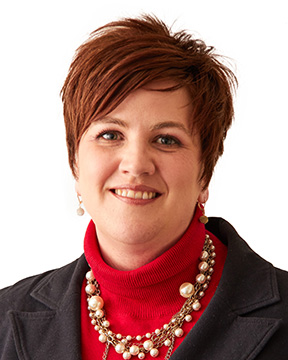KJ Newkirk, Mikka Nyarko, Anders Cedergren, Keely Rees and Emily Whitney, all Public Health and Community Health Education; Willem Vanroosenbeek, Pride Center; and Casey Tobin, Psychology; co-authored the book "Be the Change: Putting Health Advocacy, Policy, and Community Organization into Practice in Public Health Education" published on Oct. 14 by Oxford University Press . Advocacy has become a key part of public health degree programs across the country. Many programs have added policy and advocacy courses into curricula in response to new emphases in accreditation requirements, yet few public health textbooks comprehensively cover the advocacy skills that health professionals need to effect change. Be the Change is an affordable introductory resource on public health advocacy, policy, and community organizing for both undergraduate and graduate students within the health and social sciences. Using a conversational and reader-friendly style, the authors draw on their experience as diverse advocates and practitioners in the field to synthesize the purpose, strategies, and tactics used in successful advocacy campaigns in public health. In each chapter, they highlight case studies of actual advocacy campaigns alongside concrete strategic recommendations for implementing change at the local, state, and federal levels. Full of useful stories and advice, Be the Change amplifies the important advocacy work happening around the United States, from traditional health organizations to grassroots community activists, and provides readers with the tools and inspiration to put advocacy into practice every day. REVIEWS: "Few people truly understand how policy shapes our health. In simple language, Be The Change helps practitioners understand this critical connection and provides them with strategies from real world success stories to determine where they can act most effectively." -- Larry Cohen, Founder, Prevention Institute and author, Prevention Diaries
"A timely and practical playbook, Be the Change offers students the how-to skills for change-making. An essential read for all students who want to make the world a better place." -- Mona Hanna-Attisha, MD, MPH, Flint pediatrician and author of What the Eyes Don't See
"As a public health researcher, I know that racism, not race, is a fundamental cause of racial health inequities. Structural racism is a fixable problem, and policy makers have the power to enact solutions. This book is a tool to educate and empower public health changemakers, providing them with context, wisdom, and inspiration to build our shared vision of an antiracist future." -- Rachel Hardeman, PhD, MPH, Founding Director, Center for Antiracism Research for Health Equity, University of Minnesota School of Public Health
Submitted on: Nov. 11, 2022







